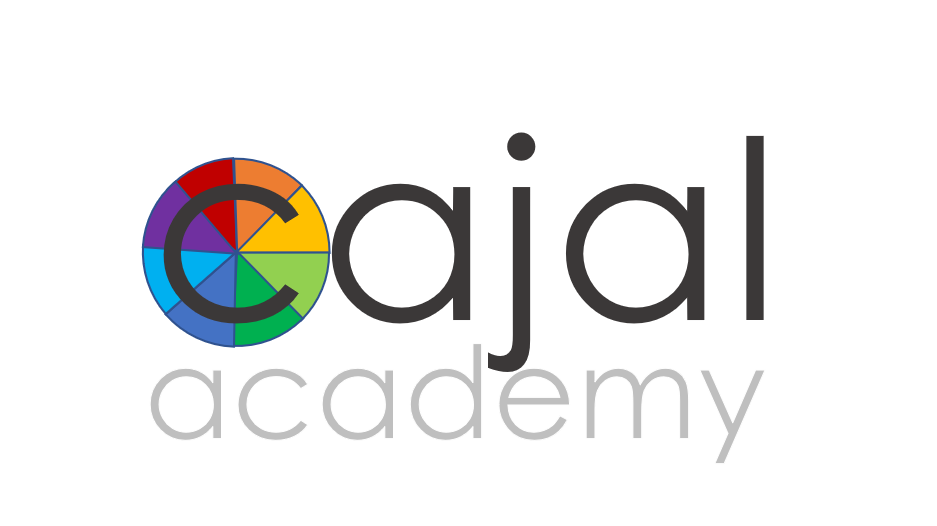
Jumping 6 Grade Levels in 6 Months, Across Both Reading and Writing
Grade level: Middle school
The Success: In September, they couldn’t read more than a paragraph without losing track of what the words even mean, and couldn’t spell more than their own name without someone spelling it letter for letter. And they were brilliant. The file simply said, “refuses to do non-preferred tasks.” We discovered that entering a classroom was one of those “non-preferred” activities, and they were willing to do just about everything to avoid it. By February, they were independently reading 45-60 pages per week and by April they independently drafted a short story while typing it. By June, they understood themselves as someone who actually belonged in a school building.
The Obstacles: The first challenge was the lack of any incoming information, and the fact that they were willing to go to fairly extreme lengths to conceal that information from us (as we learned when we had to conduct full-on negotiations to go to class!).
The Strategies: Using our very close teacher connections and trauma-informed approach, they allowed us to see their profound difficulties reading and writing. Close observation and assessments by our clinicians revealed a profound dyspraxia, derailing all the cognitive resources they needed to engage in reading and writing. Further investigation revealed that they had retained primitive reflexes that derailed their ability to engage in core academic processes. Our licensed physical therapists gave them daily exercises integrating those reflexes into increasingly functional gross motor patterns, which formed the basis for our occupational therapist’s work teaching his brain how to reliably track back and forth across the page with his eyes, correcting for the ocular-motor coordination difficulties that were holding back his ability to read.
Favorite Project: “How can we create a theme park with scientifically-possible rides?”

